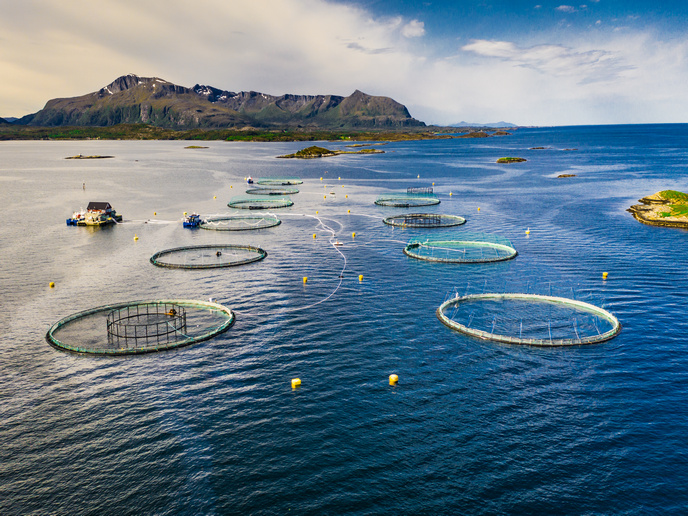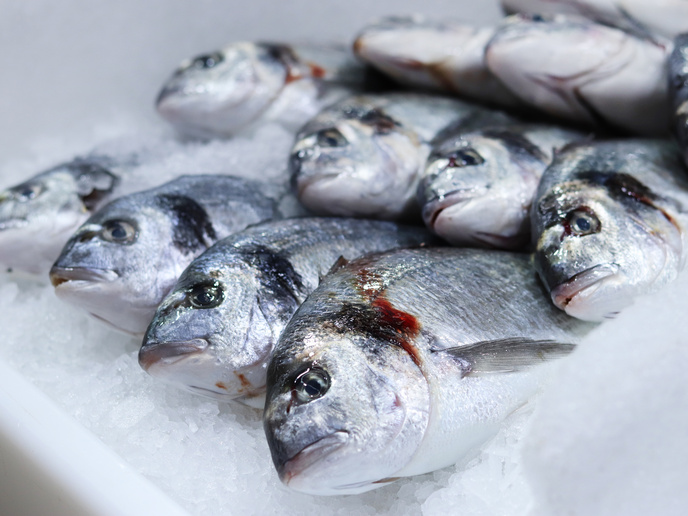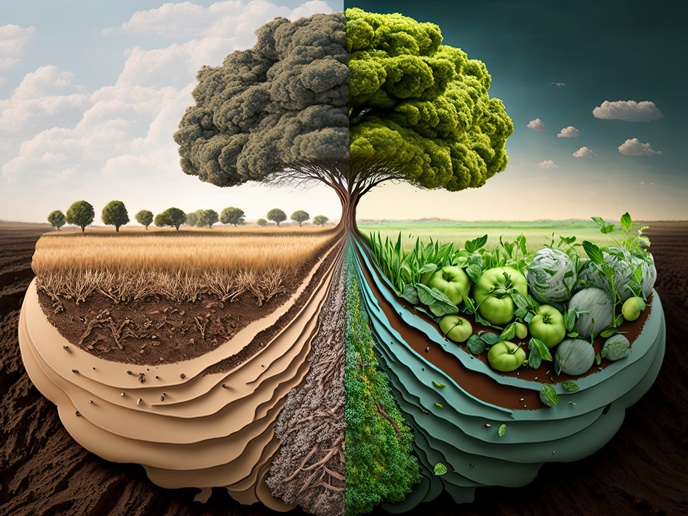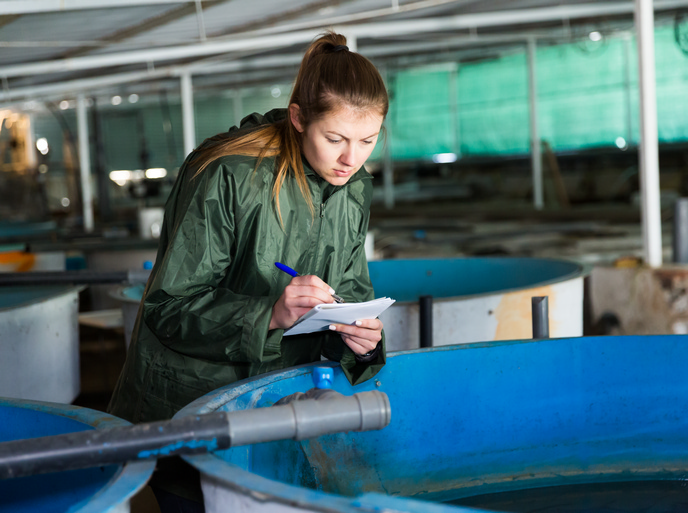Making EU fish farming fit for the future
Aquaculture is the aquatic equivalent of agriculture: it refers to the farming of fish, shellfish and aquatic plants. EU aquaculture(opens in new window) accounts for about 20 % of the bloc’s fish and shellfish supply. In the future, it could play an even more important role. Aquaculture is one of the fastest growing food sectors globally and has been recognised by the EU Green Deal(opens in new window) as a source of low-carbon food and feed. The Commission aims to position EU aquaculture production(opens in new window) as the global reference for sustainability and quality. The EU-funded FutureEUAqua(opens in new window) project has helped speed this process along. To do so, it worked on the whole value chain with fish species of importance to European aquaculture, from how they are bred and fed to packaging methods and consumer awareness.
Innovation across the lifecycle of farmed fish
Covering all these interconnected aspects has been key to the project’s success, says Åsa Maria Espmark, senior scientist at food research institute Nofima(opens in new window), the project host: “It is vital to look at the bigger picture to help achieve the green shift for aquaculture and meet climate challenges with resilient fish, new feed ingredients and less harmful discharge, while also ensuring fish health and welfare.” In practice, this meant that outputs of one experiment fed into the other – sometimes quite literally. The team assessed how different fish species might adapt to future changes in climate. To investigate potential effects on specific genetic strains, they performed trials in the south and north of Norway with the same fish families. “Our results suggest that the current strains are quite resilient,” Espmark notes. During this large-scale experiment, the researchers also tested alternative feed ingredients containing low trophic species – organisms at the bottom of the food web, which offer a more sustainable alternative to fish meal. The results of these tests, together with other analyses and trials carried out, indicate differences between species’ performance with different types of feeds. Another focus of their work was the use of production systems such as integrated multi-trophic aquaculture (IMTA), where different organisms feeding on one another are farmed together. “The use of IMTA has encountered regulatory challenges in the industry, despite its environmental advantages,” Espmark explains. By exploring its potential at the basin scale, i.e. in broader marine areas, the researchers helped improve our understanding of the economic and environmental opportunities it could offer. To monitor fish welfare, biomass and water quality in real time, FutureEUAqua developed an internet of things (IoT) system of wireless sensors. The system collected performance indicators at commercial farms in Greece and Denmark to evaluate the impact of farming conditions and diets. Subsequently, the fish used in the experiments, and the insights gathered during the trials, were used to test innovative fish products and packaging methods as well as economic models.
Informing decision-making – and consumer choices
By considering the connections between all the different parameters, the team was able to make concrete recommendations on all these different aspects. Last but not least, FutureEUAqua also studied Europeans’ knowledge and awareness around fish farming. The results of this research lay the groundwork of a campaign that will help consumers make informed choices about seafood. Espmark’s team is now working to share these insights with a larger audience. To take the results of their work further, they are collaborating with sister projects NewTechAqua, AquaIMPACT and iFishIENCi to develop common conclusions and recommendations.







